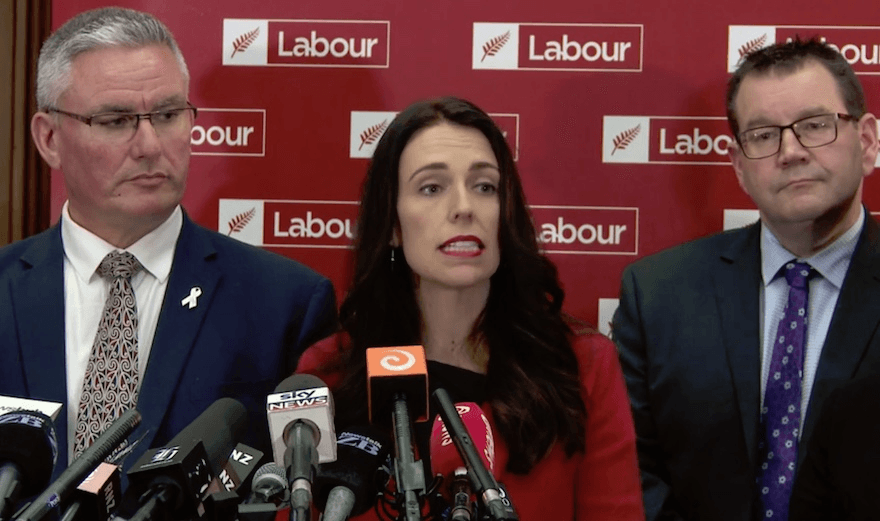The big picture of Budget 2018 is that the Labour-led government has missed its chance to help those in the worst poverty, writes Alan Johnson
Pre-election budget releases often focus on small budgets and specific programmes which have some public appeal. This focus on small detail often means that we are distracted from the big numbers and with this distracted too from the big choices being made in Government budgets. The 2018 Budget is no exception.
The first big decision in the 2018 Budget was made prior to 2017 Elections when Labour and the Greens set up their Budget Responsibility Rules. Amongst other things these rules promised to reduce core Crown debt to 20% of GDP and to restrain core Crown expenditure to 30% of GDP. Another significant but unstated decision is to continue to fund NZ Superannuation entitlements at a cost of an extra $900 million per year for the foreseeable future.
While there is still some wiggle room around such choices this space requires sustained and robust economic growth. It also requires us to ignore both the impacts of past cutbacks and deficits as well as the impacts of inflation and population growth.
It is this ignorance of the legacy of the previous Government and of inflation and population growth which is perhaps most concerning. For example the Government’s Families Package, which was promised in December effectively re-instates $900 million of Working for Families payments which were progressively cut by National since 2010. In inflation adjusted terms the spend in 2018/19 will be about the same as it was in 2009/10 – about $3.2 billion. The spend in 2009/10 wasn’t able to reduce child poverty rates yet the Government is promising that the spend in 2018/19 will.
The 2018 Budget forecasts that over the next four years total price inflation will be around 7.2% and on current trends population growth will be around 6.4%. This means the Government spending needs to grow by around 13% to 14% just to keep pace with inflation and population growth. The generous spending increases announced in press releases seldom take account of these effects.
One impact of such an oversight is that what can appear to be budget increases can actually be budget reductions. No area of expenditure illustrates this better than health. In the Budget the Government was pleased to announce that it has increased health spending by $3.2 billion over four years. If we take capital spending out of this increase the actual increase in less than $1.7 billion in operational spending. Then if we take expected inflation and population growth into account the total health budget on a per-capita basis is declining. In 2018 dollar values per-capita spend on public health services is expected to decline from $3850 per person in 2017 to $3050 in 2022.
The most vulnerable at both ends of the lifespan will miss out in this Budget as they have in previous ones. The Government’s callous refusal to lift benefit sanctions on solo mums who refuse to name the father of their child will ensure that the poorest of children remain in poverty and all for the sake of $25 million per year.
This refusal reeks of New Zealand First’s indifference to anyone but their elderly supporters. But these inadequate health budgets will impact on their elderly supporters most. Already aged care is being squeezed with tighter and tighter rationing of access all in the name of ‘aging in place’. The problem here is that the poor elderly can barely afford a ‘place’ to age in and for them the prospect of ‘dying in squalor’ is a real one.
The Finance Minister Grant Robertson claimed that the 2018 Budget was transformational. It is hardly that. It is however a step in the right direction especially if we consider the various social deficits around child poverty, housing and health which the new Government faces. Perhaps what is discouraging with the Budget is the outlook beyond next year when little else is offered up by the way of change. Let’s hope that the Government has both the imagination and courage to use subsequent budgets to bring about changes which are truly transformational.
Alan is a a social policy analyst for The Salvation Army, and a co–convenor of the Child Poverty Action Group.

